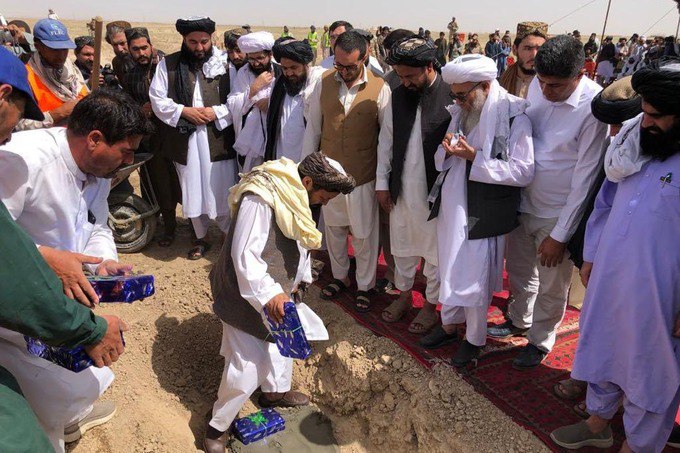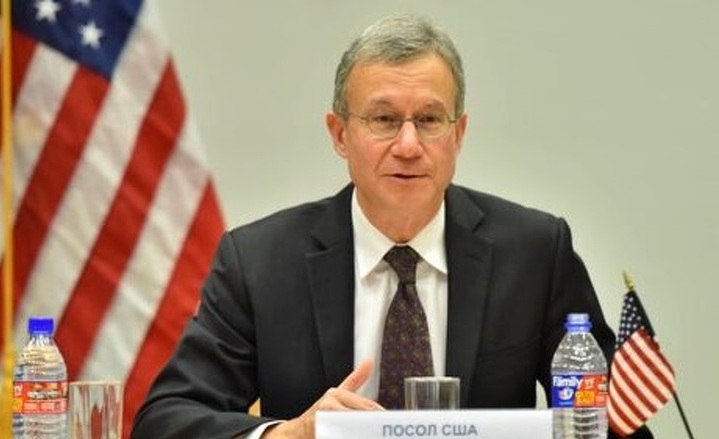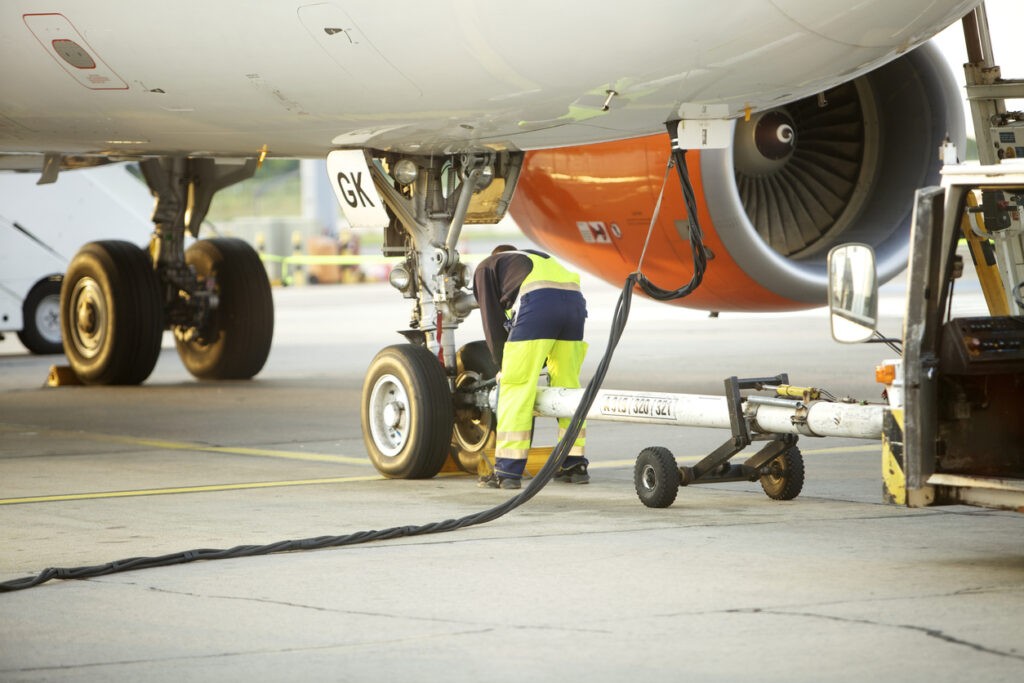TASHKENT (TCA) — More than half of all investments attracted to the economy of Uzbekistan have come to the oil and gas industry. It was said at the government meeting held on January 25 under the chairmanship of Uzbek President Shavkat Mirziyoyev, the Jahon information agency reported.
At the meeting, it was ordered to revise the terms of all concluded production sharing agreements and organization of joint ventures, taking into account state interests.
Attention was paid to diversification of logistics routes of the oil and gas sphere, identification of transport corridors and tariffs, which guarantee a reduction in costs for importing raw materials and exporting products, saving energy resources consumption and expanding the use of alternative energy sources.
Instructions were given on development of gas distribution systems of high and medium pressure in cooperation with foreign companies, transfer of motor vehicles to gas fuel.
It was said at the meeting that in accordance with the State Program for geological exploration, it is necessary to increase the volume of natural gas reserves by 57 billion cubic meters and of oil and condensate reserves by 3.6 million tons by discovering new fields in 2018.
In the current year, it is necessary to complete construction of 255 new wells and 26 new technological facilities, and overhaul 76 wells for ensuring production of 63 billion cubic meters of natural gas and 3 million tons of oil and condensate.
According to the State Committee of Statistics of Uzbekistan, gasoline production in Uzbekistan in 2017 declined by 2.5 percent compared to 2016. 1.106 million tons of gasoline was produced in 2017.
Uzbekistan produced about 963 thousand tons of diesel fuel in 2017, a decrease by 4.5% compared to 2016.
At the same time, production of cars in Uzbekistan increased by 58.1%, bus production – by 16.4%, and trucks – by 7.5%.









